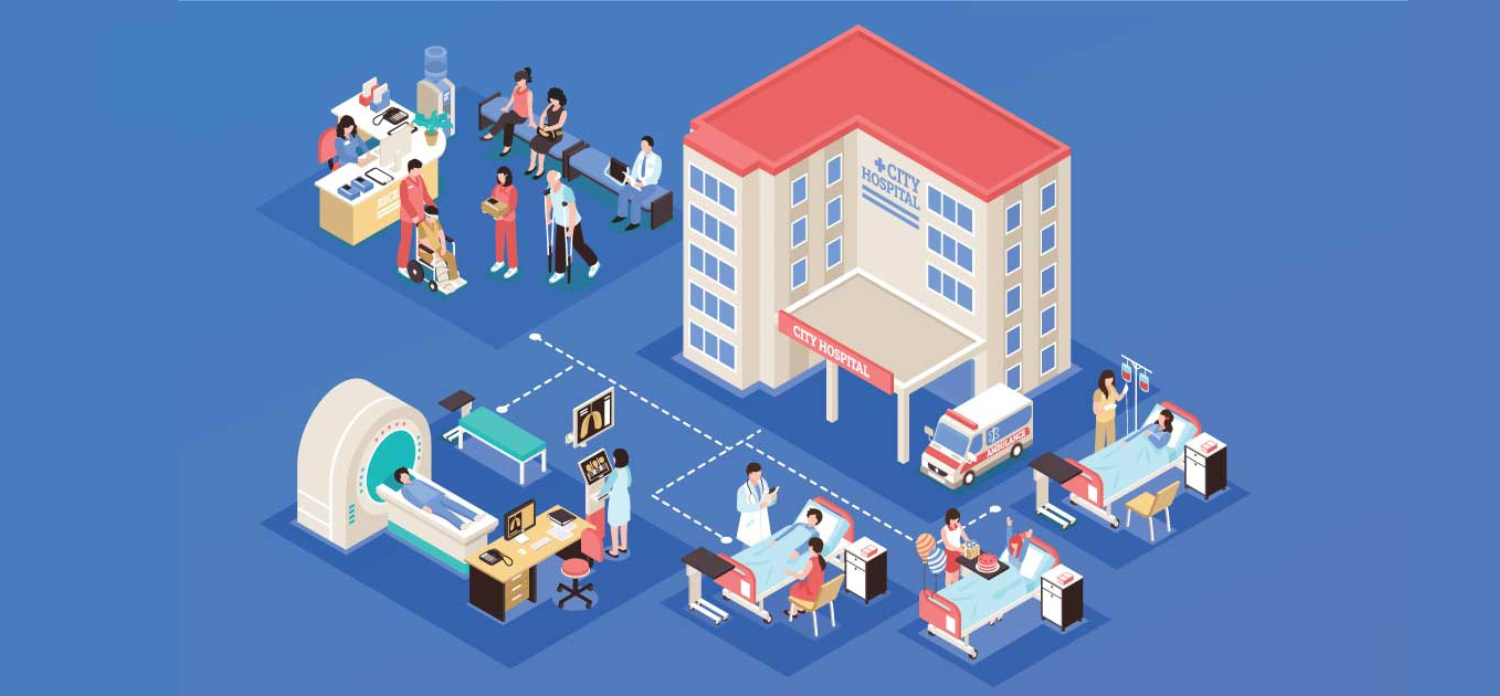Let’s explore the Inpatient Management System (IPD)within the context of Hospital Management Systems (HMS). This system is specifically designed to manage all aspects related to inpatient care within healthcare facilities.
Here’s a comprehensive overview
-
What is an Inpatient Management System (IPD)?
- The Inpatient Management System focuses on handling the needs of patients who are admitted to the hospital for extended care.
- It streamlines processes related to admission, discharge, and transfer of inpatients.
- Key functionalities include managing patient medical records, clinical notes, progress reports, and integrated drug prescriptions for those admitted.
-
Features of Inpatient Management Systems :
- Admission, Discharge, and Transfer (ADT) :
- Efficiently manage the entire lifecycle of an inpatient, from admission to discharge.
- Track bed availability and allocate beds to patients.
- Smart Bed/Ward Management :
- Assign patients to appropriate beds or wards based on their medical condition and requirements.
- Optimize bed utilization and ensure patient comfort.
- Patient Medical Records :
- Capture and store detailed medical history, treatment plans, and relevant clinical information.
- Facilitate continuity of care during the patient’s stay.
- Clinical Notes and Progress Reports :
- Record observations, diagnoses, and treatment updates.
- Enable seamless communication among healthcare providers.
- Integrated Drug Prescriptions :
- Generate accurate medication orders for inpatients.
- Ensure timely administration of prescribed drugs.
- Insurance Details :
- Manage insurance coverage and claims for admitted patients.
- Billing and Financial Tracking :
- Link inpatient services to billing and revenue cycles.
- Quality Assurance and Compliance :
- Adhere to healthcare standards and regulations.
- Real-Time Monitoring :
- Monitor patient status, vital signs, and alerts.
- Interdepartmental Coordination :
- Collaborate with other hospital departments for holistic patient care.
-
Importance of Inpatient Management Systems :
- Efficiency: Streamlines inpatient workflows, reducing administrative burden.
- Accuracy: Minimizes errors in patient records and medication management.
- Patient Care: Ensures timely and coordinated care during hospitalization.
- Resource Optimization: Efficiently manages bed allocation and staff workload.
- Compliance: Meets legal and regulatory requirements.
- Communication: Facilitates communication among healthcare teams.
- Patient Safety: Enhances patient safety through real-time monitoring and alerts.
In summary, an effective Inpatient Management System is essential for providing high-quality care to hospitalized patients while maintaining operational efficiency.
